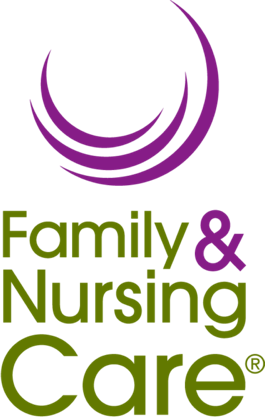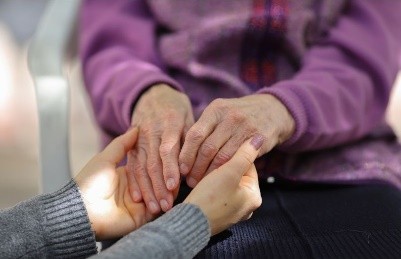 In 2024, older adults in the U.S. lost an alarming $4.8 billion to scams, according to the FBI. That’s up from $3.4 billion in 2023 and is a stark reminder that financial exploitation of seniors is not only widespread but growing rapidly. These scams don’t just steal money; they rob older adults of their independence, peace of mind, and in many cases, their trust in others. That’s why families and caregivers must remain vigilant to protect older adults.
In 2024, older adults in the U.S. lost an alarming $4.8 billion to scams, according to the FBI. That’s up from $3.4 billion in 2023 and is a stark reminder that financial exploitation of seniors is not only widespread but growing rapidly. These scams don’t just steal money; they rob older adults of their independence, peace of mind, and in many cases, their trust in others. That’s why families and caregivers must remain vigilant to protect older adults.
The Emotional and Financial Toll of Scams
Scams targeting older adults range from bogus investment opportunities to impersonations of government agencies. These schemes often succeed by taking advantage of cognitive vulnerabilities, social isolation, or simply the innate trust and kindness many older adults show.
Beyond the monetary damage — which can wipe out life savings — scams leave behind emotional scars. Victims often feel embarrassed or ashamed, which can prevent them from reporting fraud. In some cases, fear of losing independence may even stop older adults from confiding in loved ones.
Common Scams Targeting Seniors
Awareness is the first step in prevention. Here are some of the most common scams currently affecting older adults:
- Investments: These schemes promise large returns or winnings, requiring upfront fees or personal financial information.
- Government Impersonations: Scammers pretend to be from the IRS, Social Security Administration, or Medicare, demanding personal information or payments.
- Tech Support: Fraudsters pose as representatives from legitimate tech companies, claiming the victim’s device is infected and charging for unnecessary services.
- Emergencies: Criminals request money for supposed emergencies.
Minimize the Risk of Economic Exploitation
Preventing scams is a team effort. Here are key ways families can work together with their loved ones to safeguard assets, savings or anything else:
- Establish Open Communication: Have regular conversations with your loved one about phone calls, emails, and financial decisions.
- Monitor Unusual Behavior: Pay close attention to an increase in calls, secrecy about finances, or sudden large purchases — all potential warning signs.
- Limit Access: Consider setting up alerts on financial accounts or using prepaid cards to control spending.
- Educate Regularly: Discuss the latest scams and how to respond. Emphasize that it’s OK to hang up on suspicious calls or refuse to give out information.
- Report Suspected Scams: If exploitation is suspected, contact local authorities or the FBI’s Internet Crime Complaint Center. Early intervention can minimize losses.
Family & Nursing Care: A Trusted Ally in Scam Prevention
Caregivers have access to educational resources that can help them spot potential signs of fraud when caring for their clients. Whether it’s noticing unusual visitors, overhearing suspicious conversations, or observing a client’s sudden stress about money, caregivers often serve as an extra layer of protection. They can report concerns promptly to families and supervisors, helping to address issues before they escalate.
Helpful Resources for Scam Prevention
Families can take advantage of the following trusted resources:
- FBI’s Elder Fraud Initiative
- Federal Trade Commission’s Scam Alerts
- National Adult Protective Services Association
- AARP Fraud Watch Network
Families don’t have to face this challenge alone. With the support of dedicated caregivers and care professionals, older adults can enjoy a safer, more secure future.
If you’re concerned about a loved one’s risk of exploitation or want to learn more about how caregivers can help, call Family & Nursing Care.


 As the United States population ages, long-term care insurance (LTCI) is becoming an increasingly prevalent way for families to manage the costs of home care, assisted living, and nursing home care. With 70% of adults over 65 expected to need some form of long-term care in their lifetime, planning for these expenses is critical. However, navigating the complexities of LTCI policies, claims, and reimbursements can be overwhelming for families. This is where Family & Nursing Care Select’s Long-Term Care Insurance team sets itself apart, offering unparalleled support and advocacy throughout the process.
As the United States population ages, long-term care insurance (LTCI) is becoming an increasingly prevalent way for families to manage the costs of home care, assisted living, and nursing home care. With 70% of adults over 65 expected to need some form of long-term care in their lifetime, planning for these expenses is critical. However, navigating the complexities of LTCI policies, claims, and reimbursements can be overwhelming for families. This is where Family & Nursing Care Select’s Long-Term Care Insurance team sets itself apart, offering unparalleled support and advocacy throughout the process. The Sandwich Generation — adults who are simultaneously caring for aging parents while raising children — continues to face mounting pressures in today’s world. Balancing work, family responsibilities, and caregiving can often feel overwhelming, especially with an aging population and growing demand for eldercare. While the challenges remain significant, support solutions like professional home care services can help alleviate the burden.
The Sandwich Generation — adults who are simultaneously caring for aging parents while raising children — continues to face mounting pressures in today’s world. Balancing work, family responsibilities, and caregiving can often feel overwhelming, especially with an aging population and growing demand for eldercare. While the challenges remain significant, support solutions like professional home care services can help alleviate the burden. Recent research highlights a stark reality: the risk of developing dementia is significantly higher than previously estimated. According to a new
Recent research highlights a stark reality: the risk of developing dementia is significantly higher than previously estimated. According to a new 





